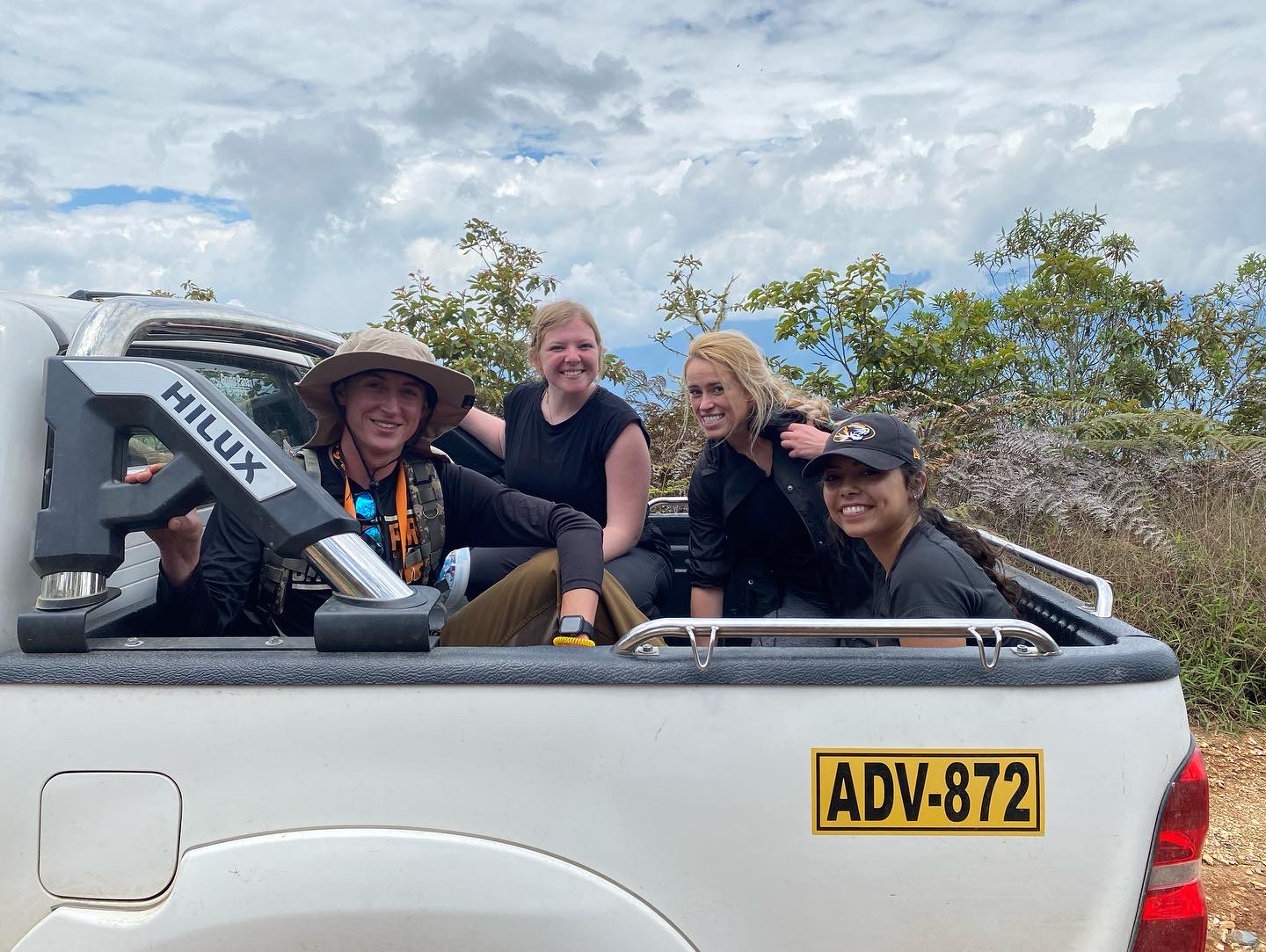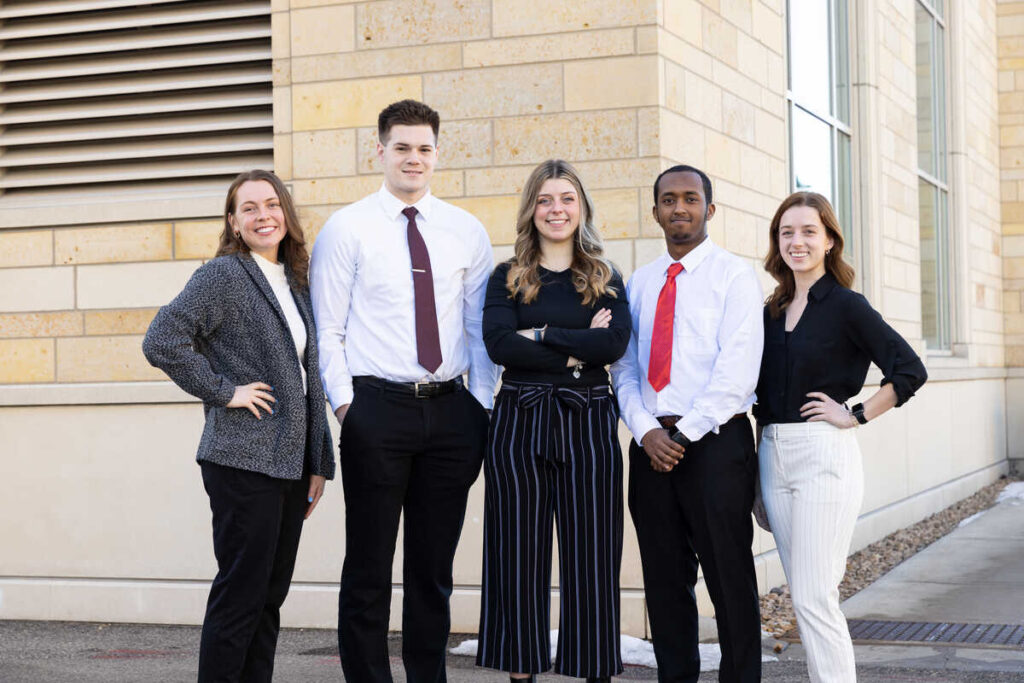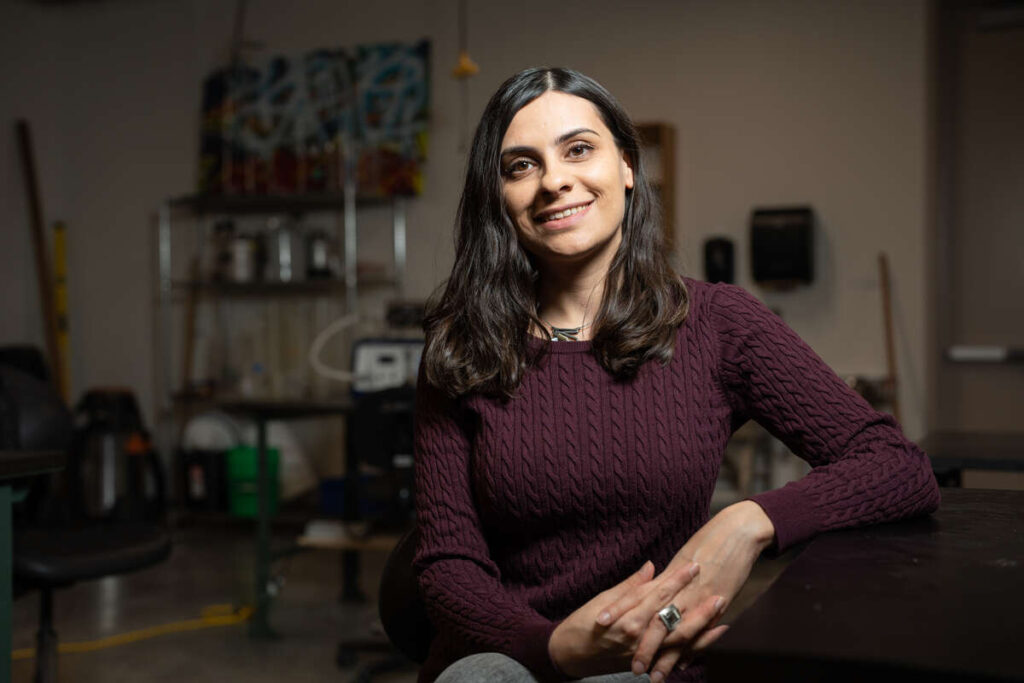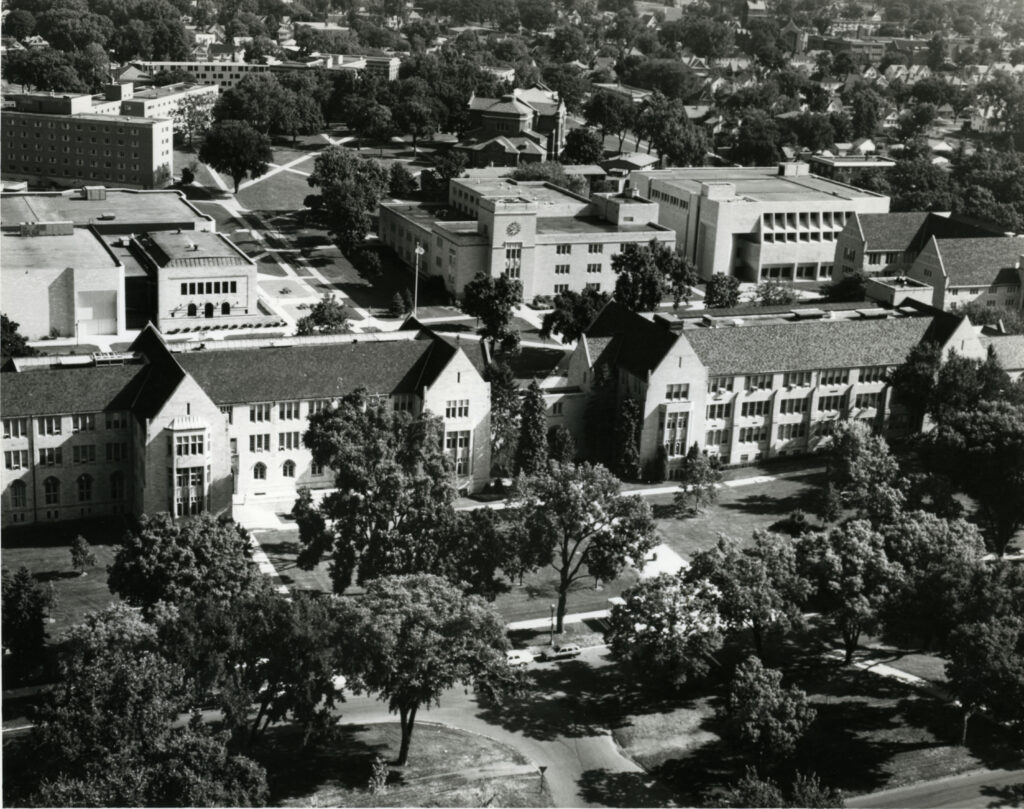How can engineers learn to navigate an interconnected work world, where differing communication and conflict styles constantly present themselves? Even within a single team, productive communication cannot be taken for granted. And when working to deliver the fruits of engineering design to clients and customers, how many of the challenges comprise communication obstacles as well as technical ones? For example, how does one decipher what would be the best design solution for rural Andean farmers who have very different priorities than typical Americans?
The international programs the School of Engineering creates for our students allow those who select them to practice both directions of communication with clients: listening as well as speaking, reading as well as writing. And they situate this practice in an intercultural context, where surprises and inadvertent missteps are highlighted for the students in Technicolor. Because it is not “business as usual,” these experiences engage their curiosity and lead them to ask how they might apply their learned lessons in the future, with their next clients.
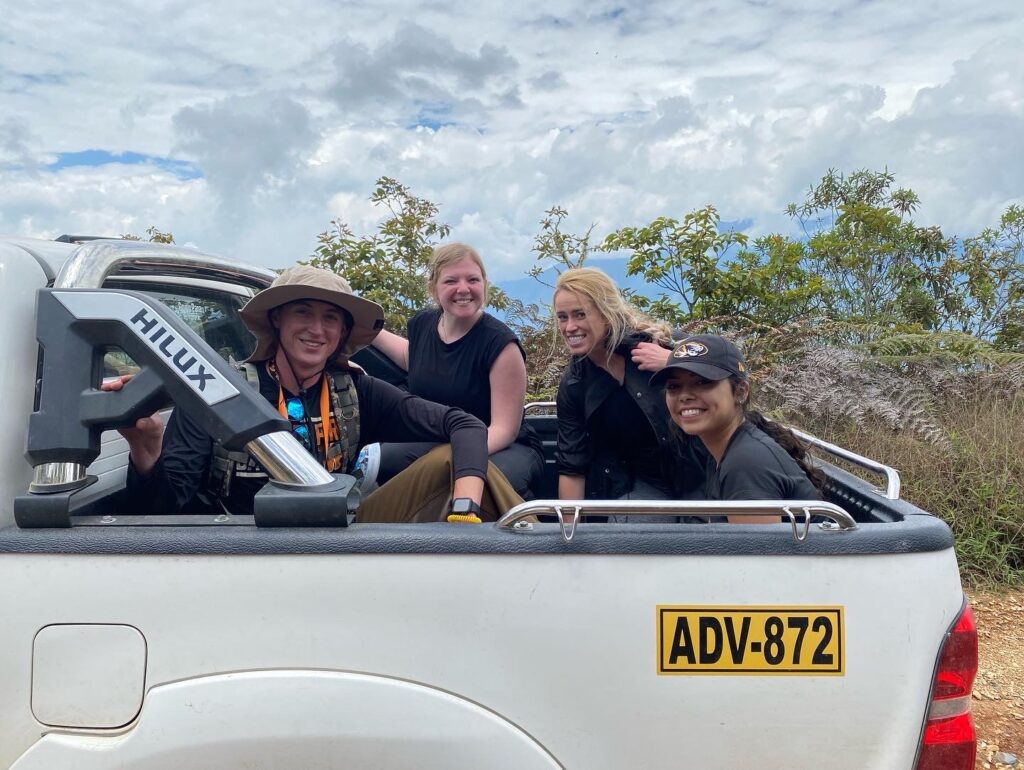
In the engineering and German dual degree program, students build a robust repertoire of international experiences, including a semester studying abroad in Germany and two separate internships in the U.S. and Germany for a German company.
However, as is sometimes said about study abroad programs, “going is not knowing.” Simply traveling and experiencing different cultures does not automatically translate into actionable skill development toward future interactions. This is why the School of Engineering intentionally scaffolds the international programs with wraparound learning modules expressly created to build intercultural competence. In particular, students receive country specific cultural context preparation by locals from the region before leaving and work through a comprehensive Global Competence Certificate program. This program is designed to help them increase both their awareness and skills in dealing with difference in all shapes and forms, engaging them before, during, and after their international experience.
Dr. Doug Dunston, DMA, is the KEEN program coordinator. Dr. Brittany Nelson-Cheeseman is an associate professor and director of materials science and engineering.
